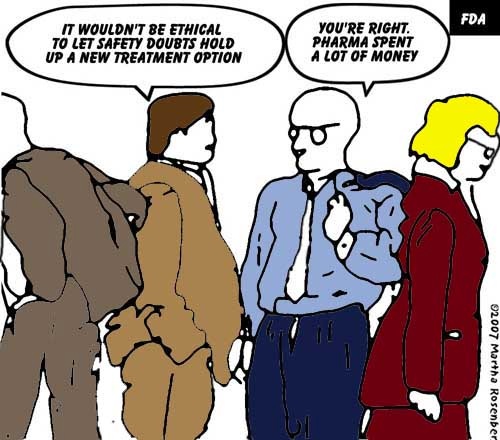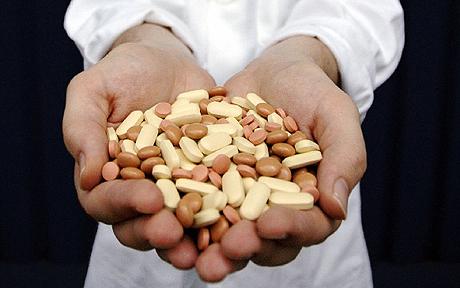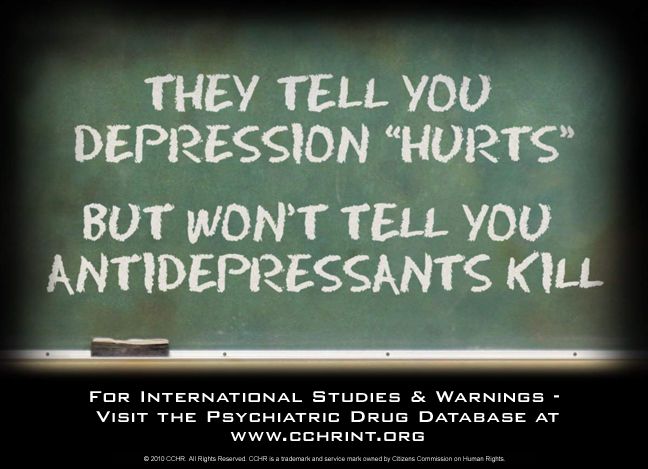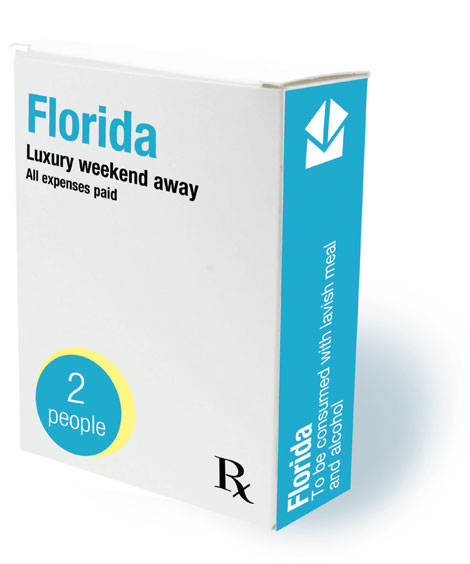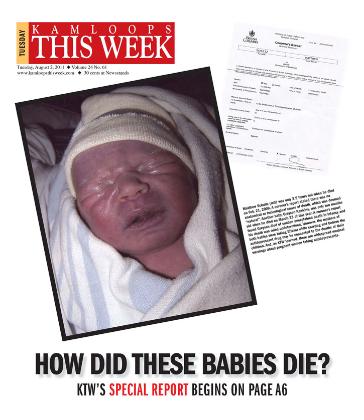
How Did These Babies Die? Question unites grieving families
Matthew Schultz was only 2.5 hours old when he died on Feb. 21, 2009. A coroner’s report stated there was no anatomical or toxicological cause of death, which was deemed “natural”. Another baby, Greyson Rawkins, was only two months old when he died on March 23 of this year. A coroner’s report found Greyson died of sudden unexplained death in infancy and his death was ruled undetermined. However, the mothers of both babies were taking Effexor while carrying and believe the antidepressant drug may be connected to the deaths of their children. And, as KTW learned, there are widespread medical warnings about pregnant women taking antidepressants.

